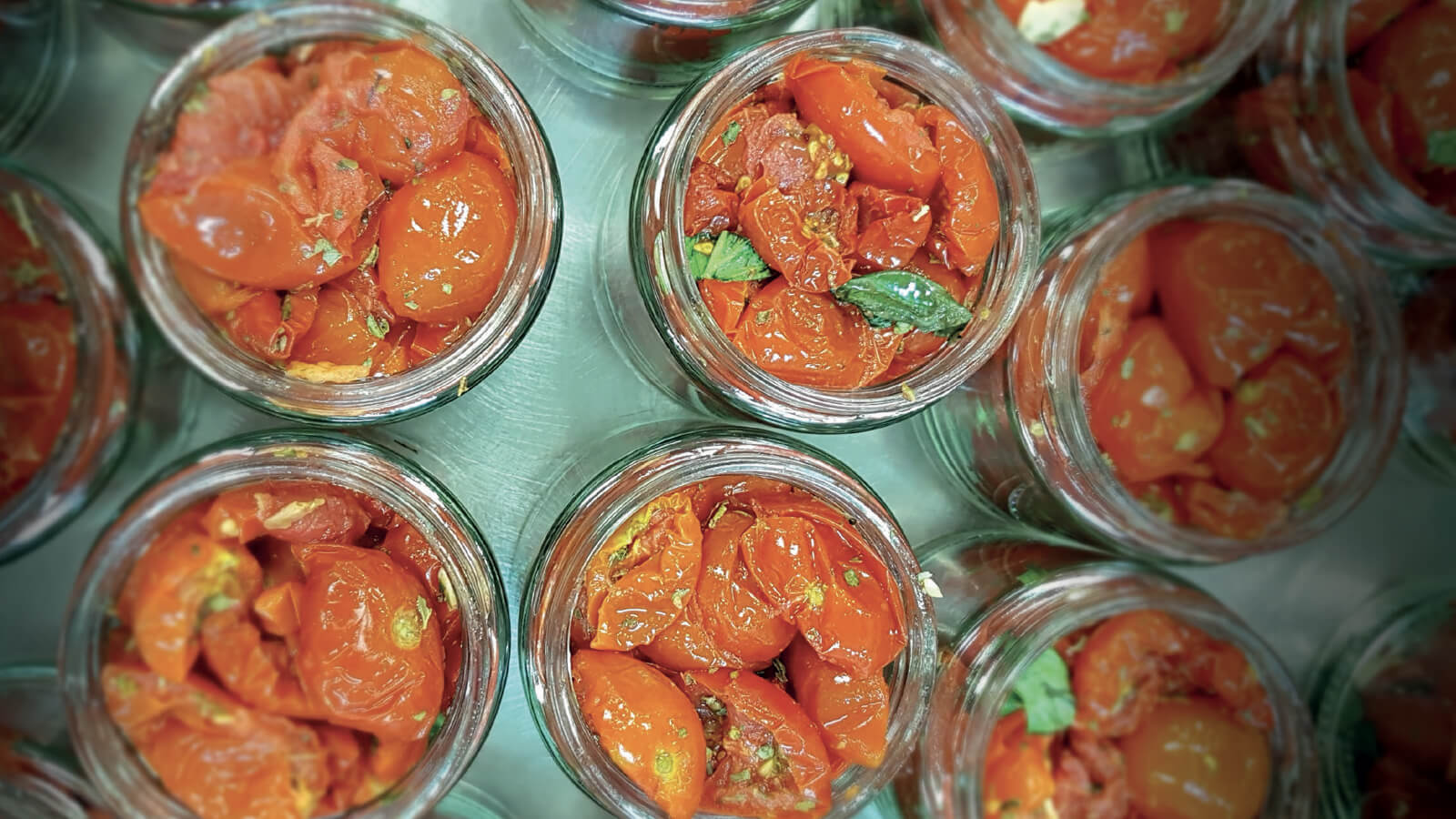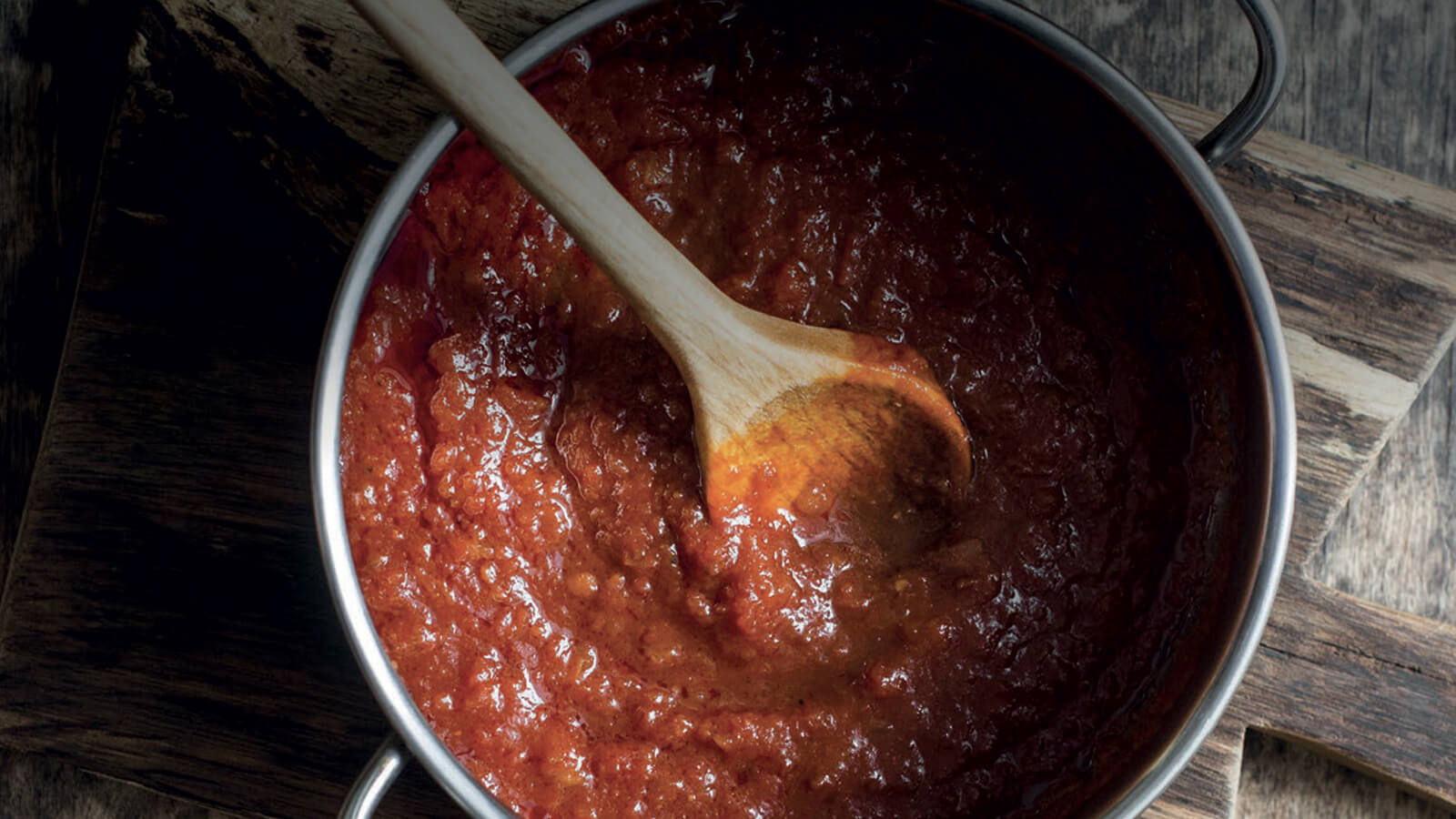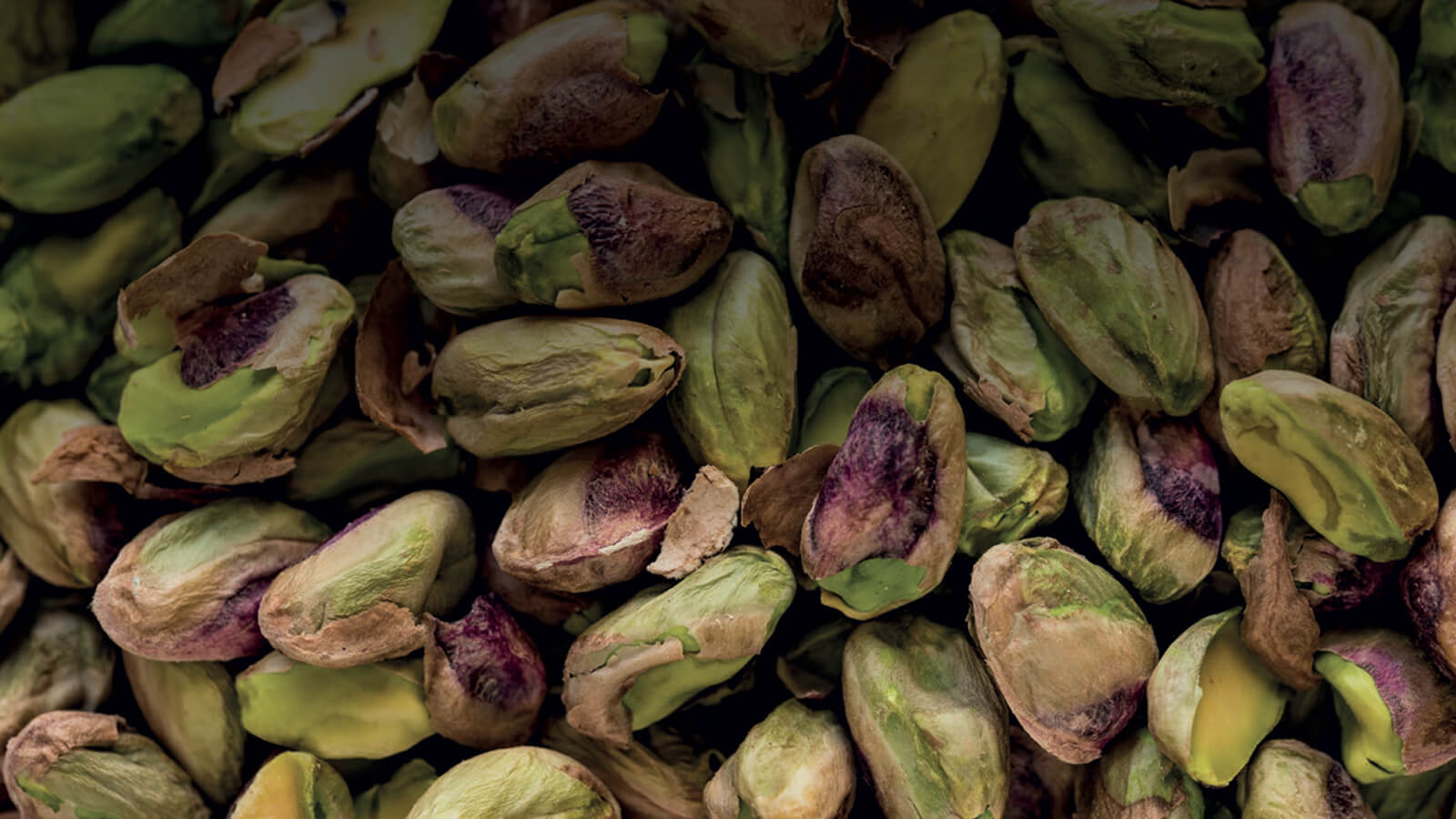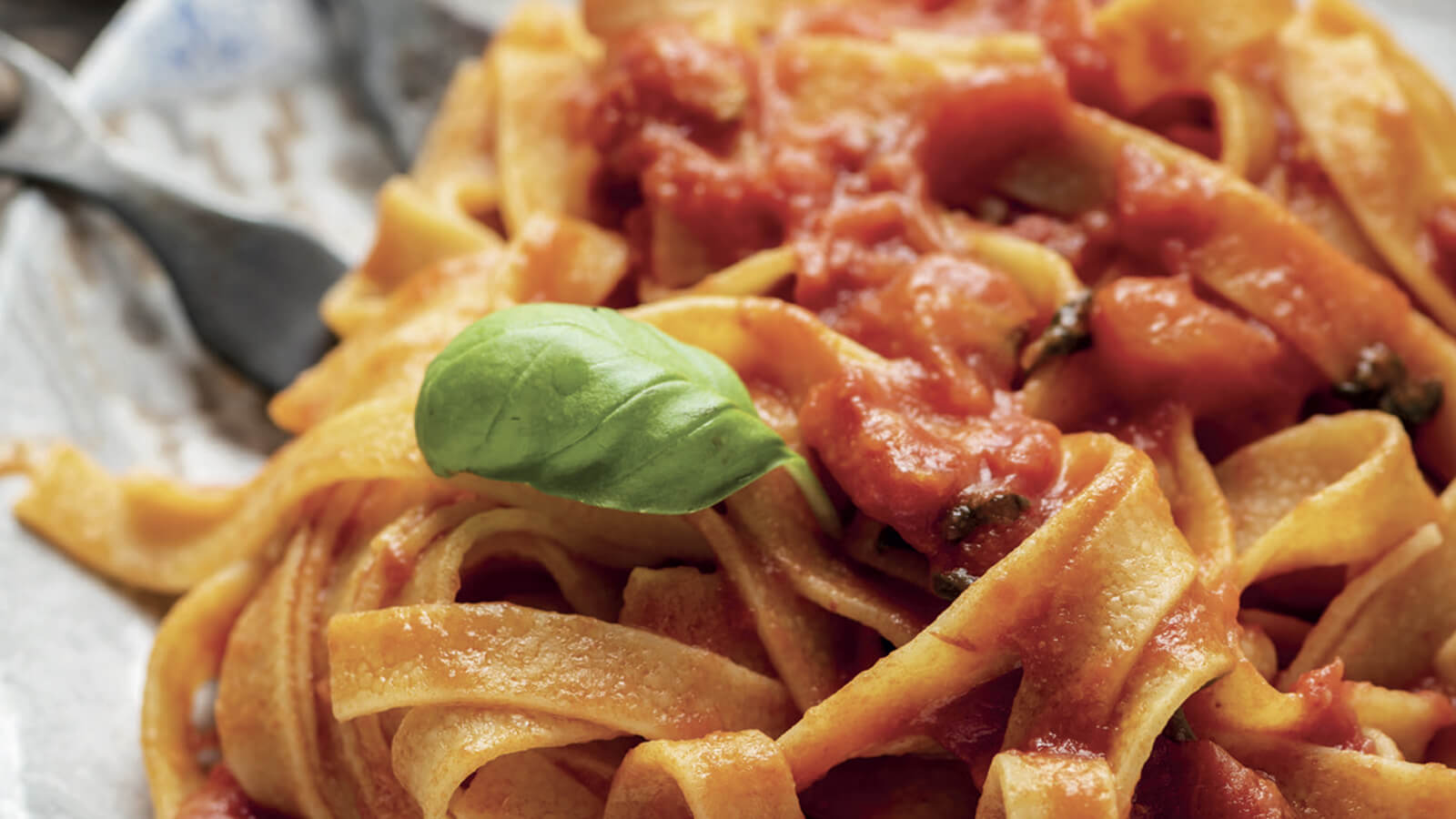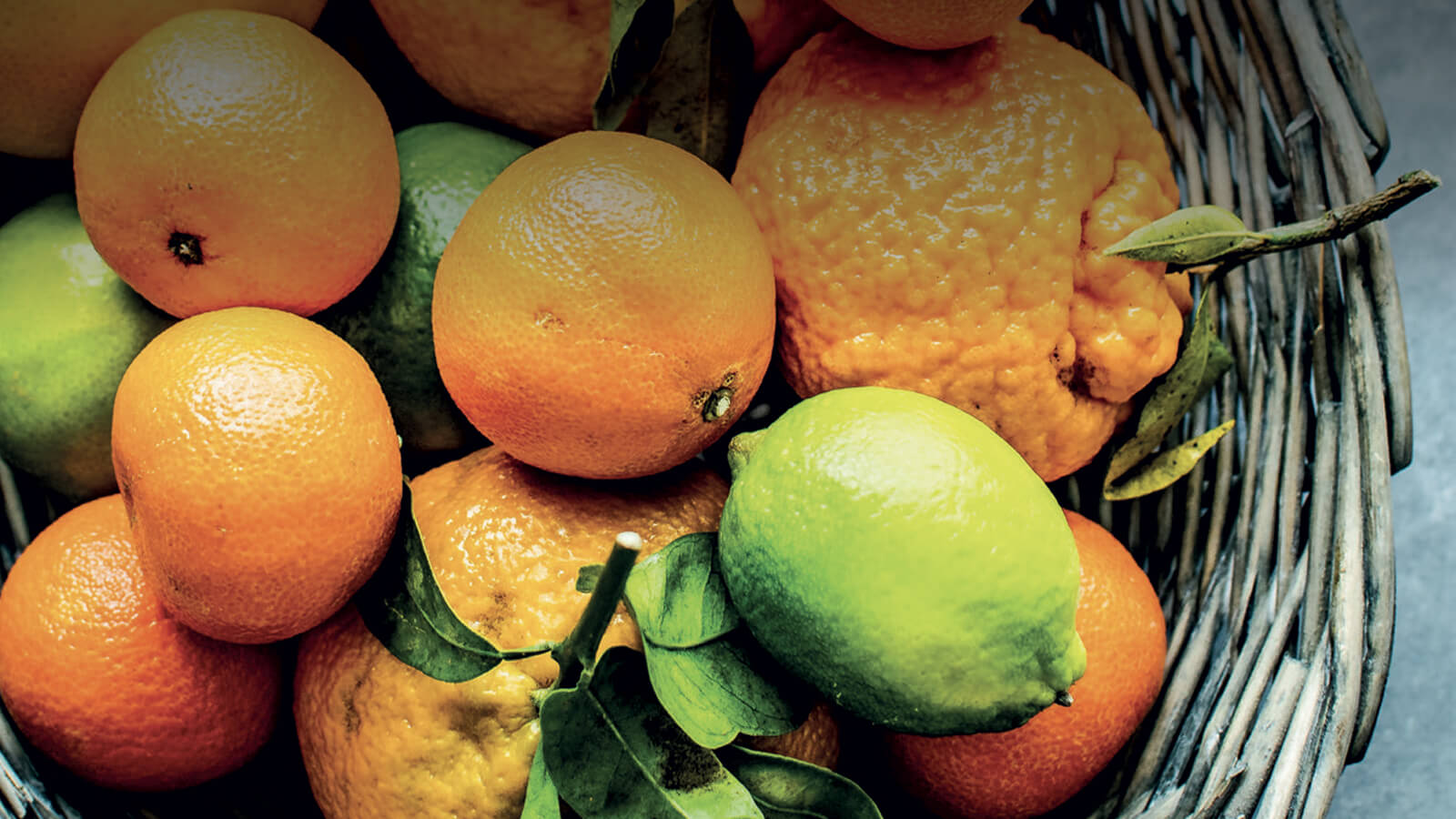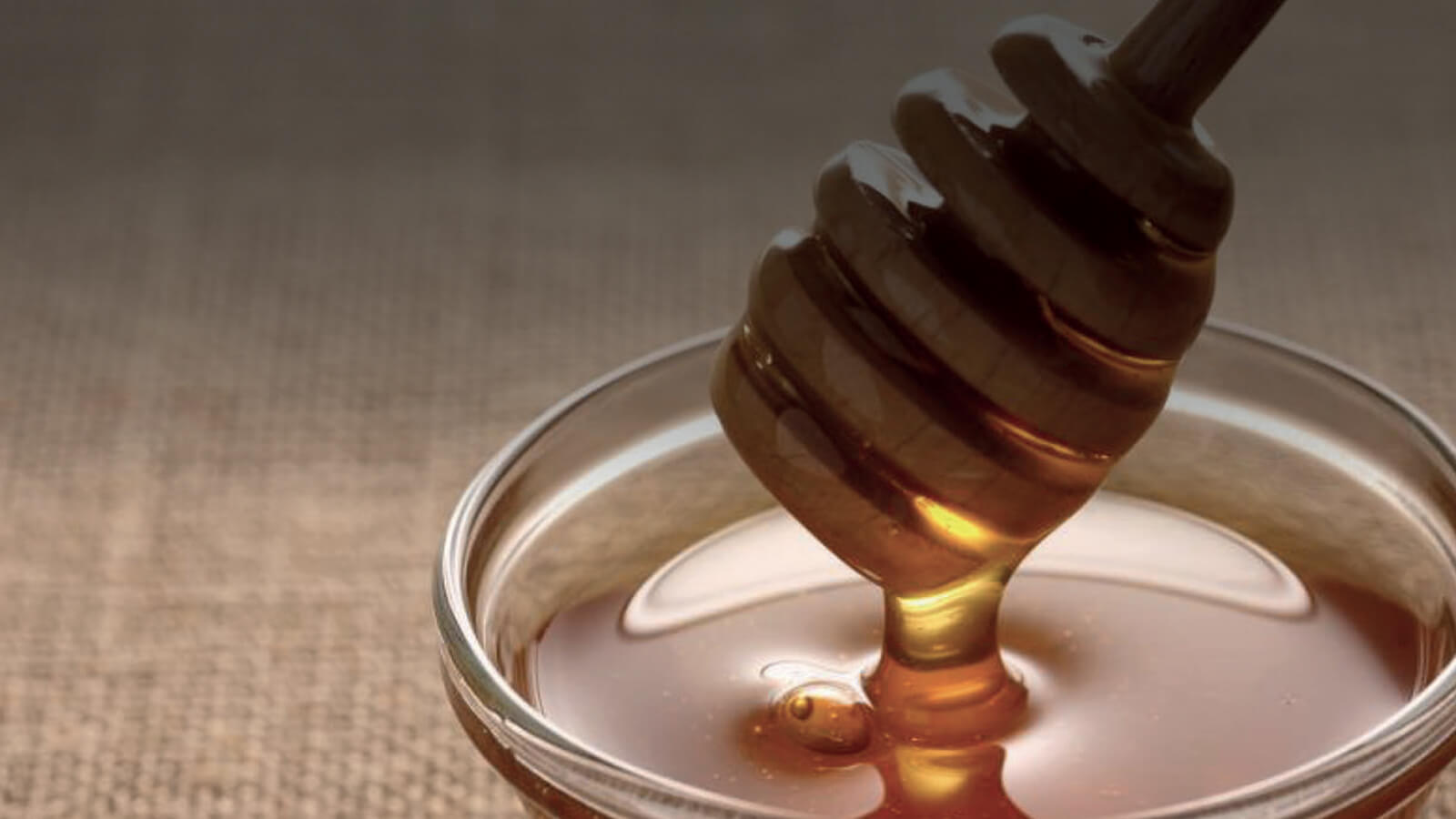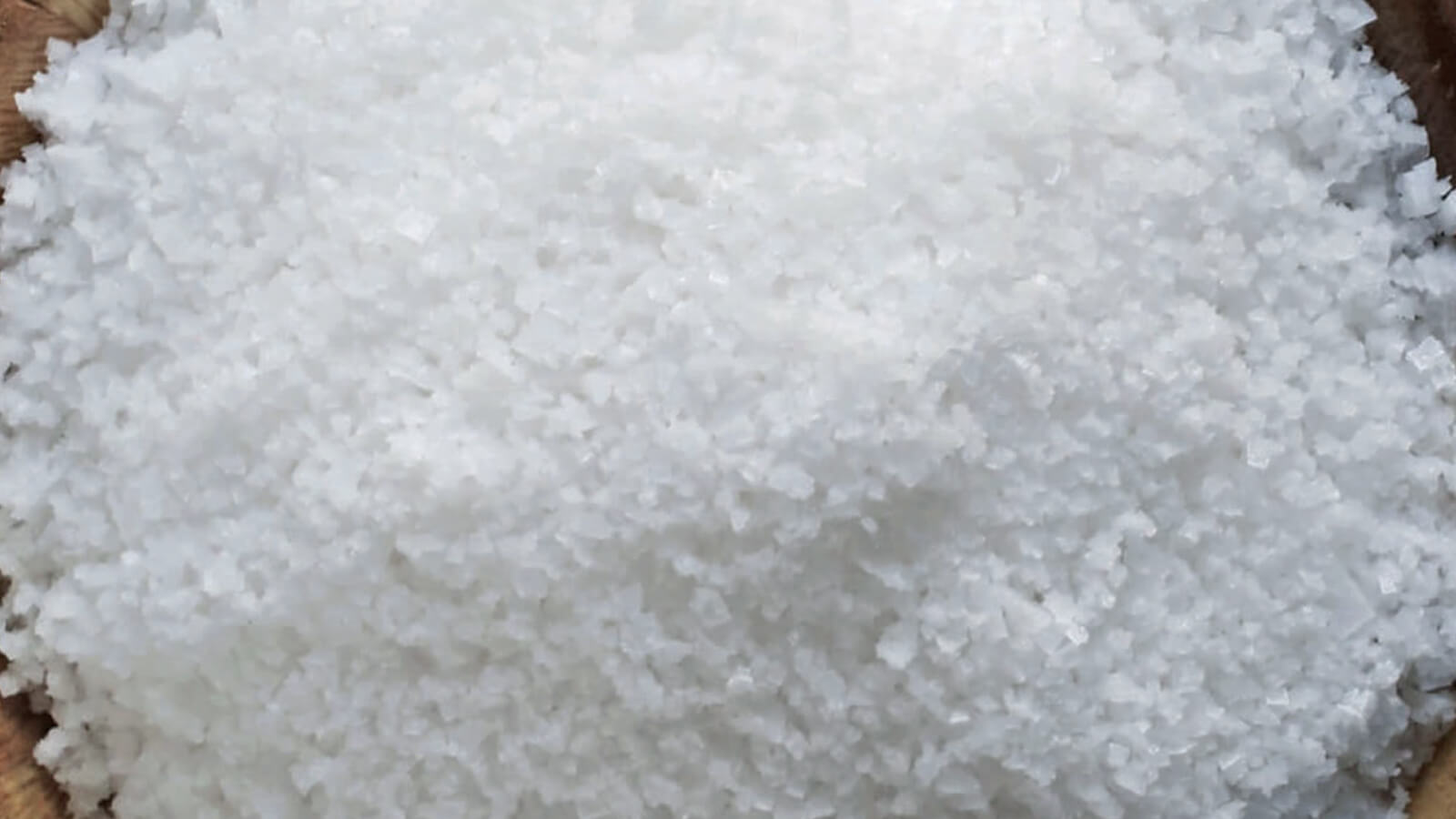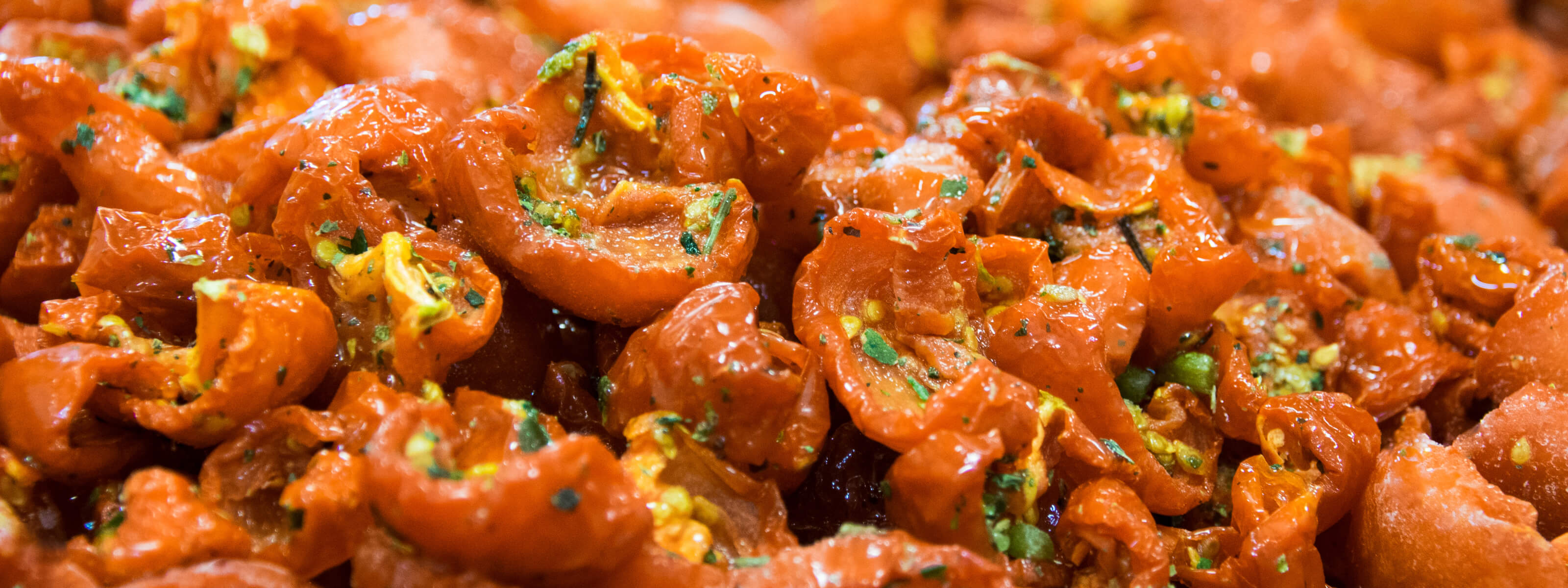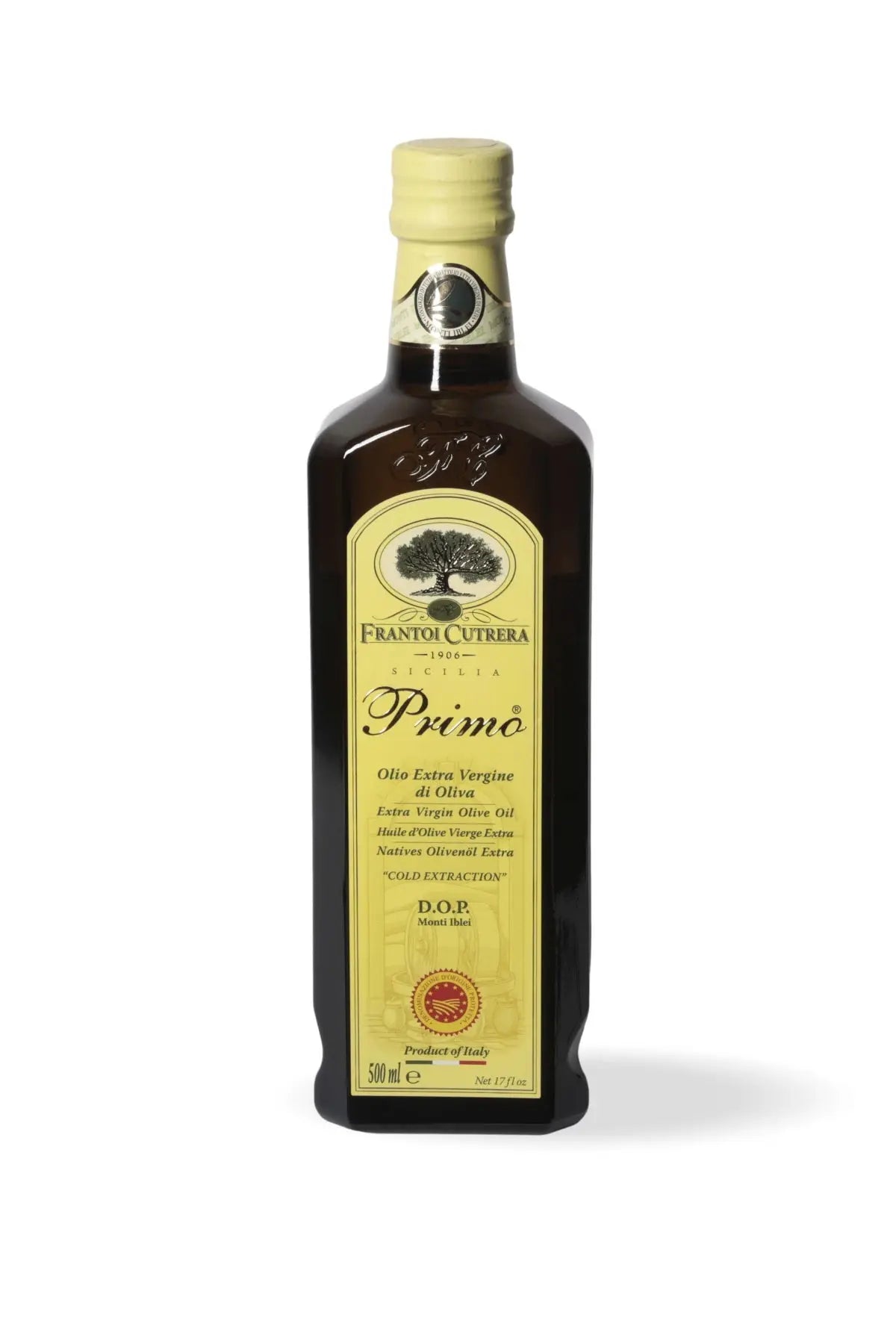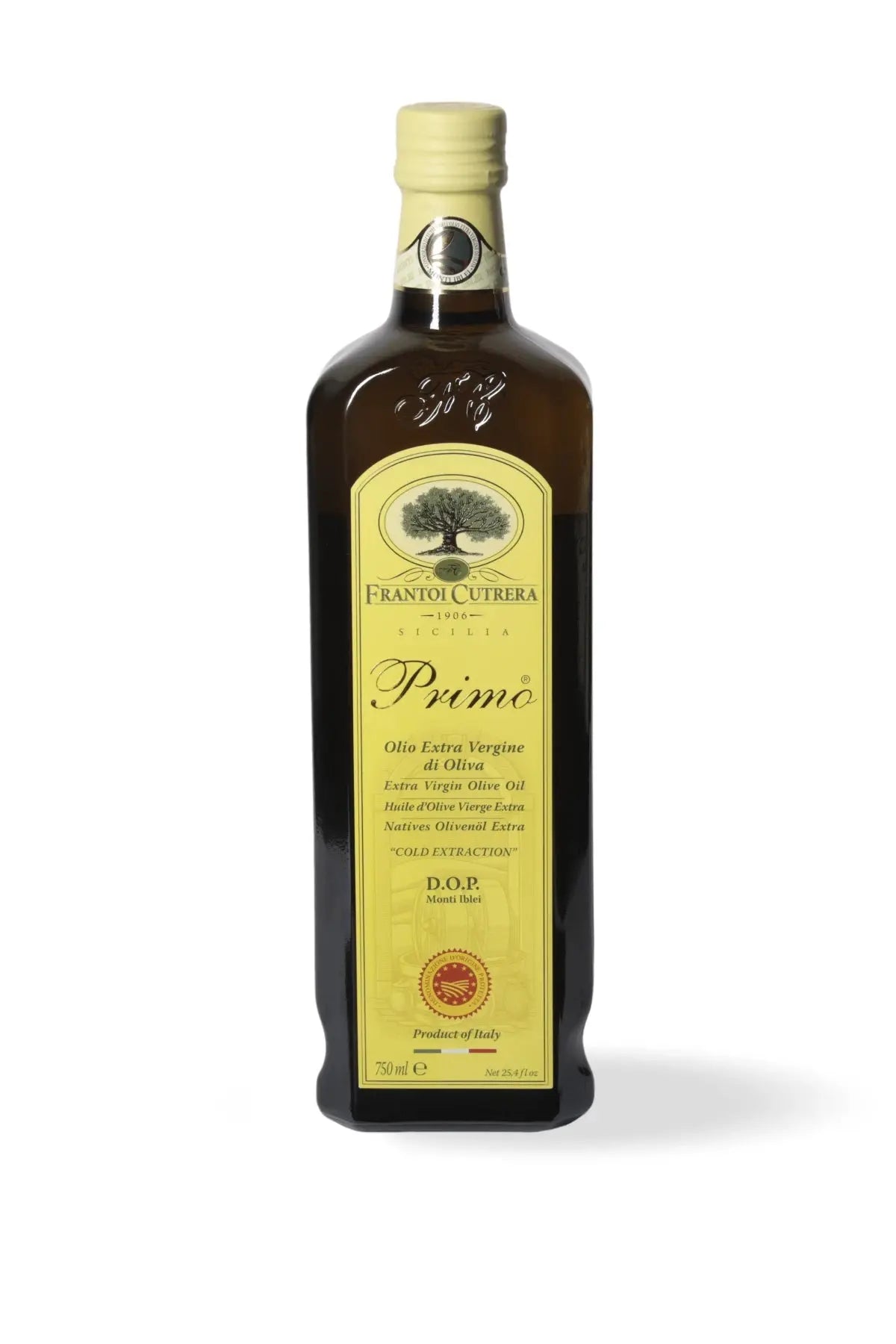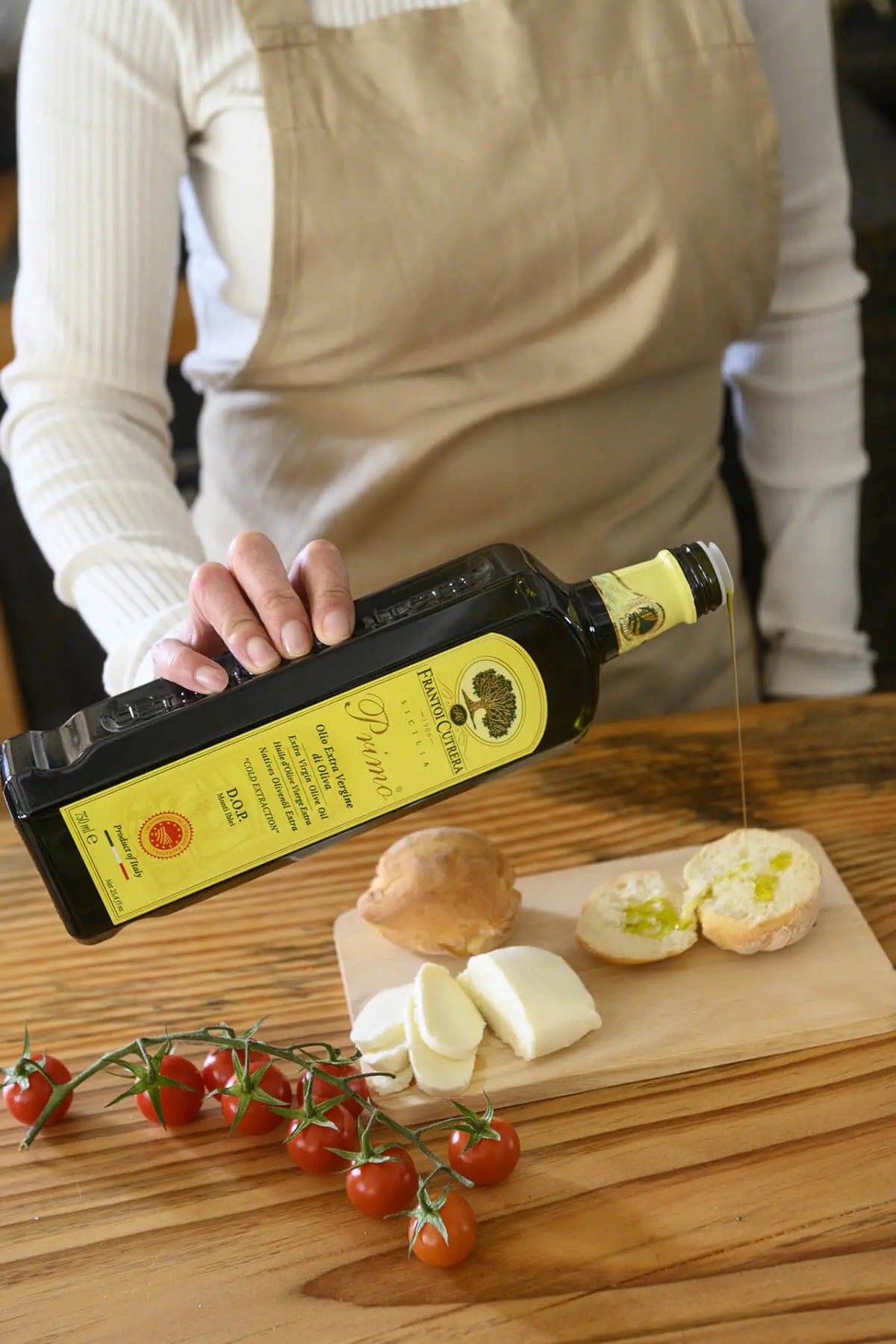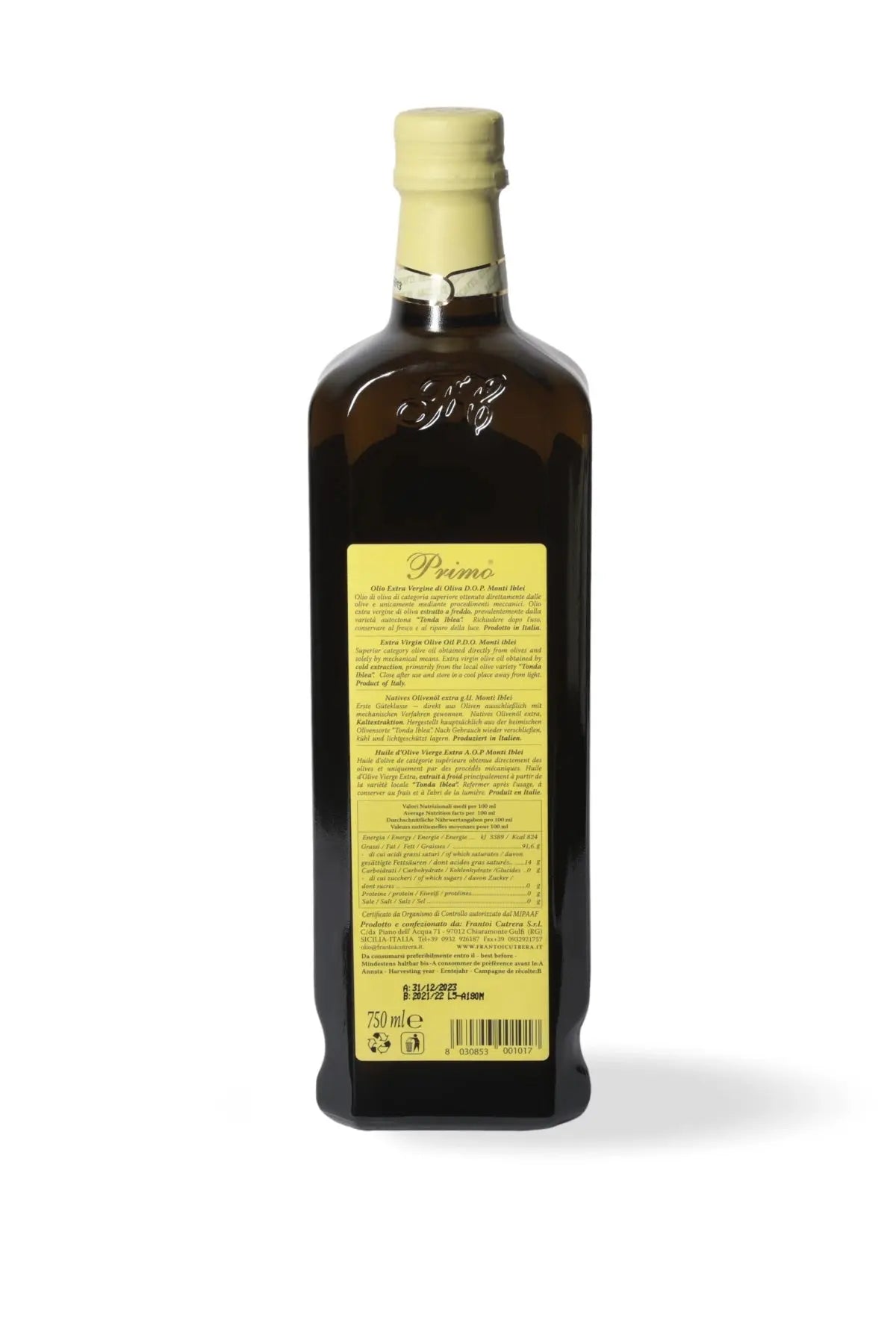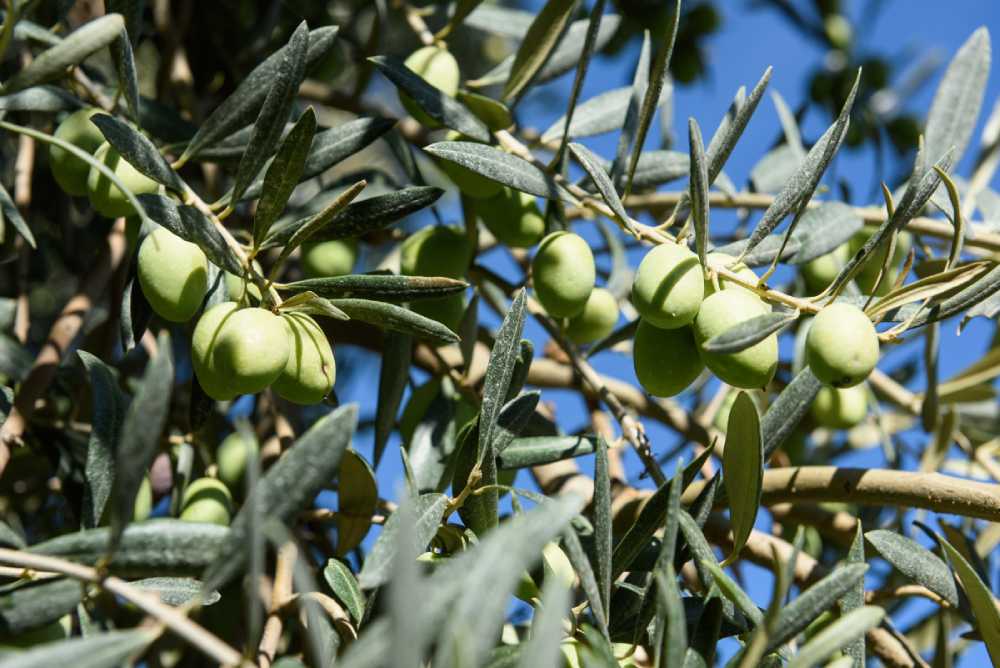
EVO oil: meaning and characteristics
Introduction to extra virgin olive oil
Extra virgin olive oil is a product that occupies a prominent place in our gastronomic tradition, as well as in the Mediterranean diet. This precious oil is extracted from olives through cold pressing processes, which preserve its organoleptic and beneficial characteristics. "EVO" is precisely the acronym that indicates "Extra Virgin Olive Oil".
Main characteristics of extra virgin olive oil:
- Origin : It comes from olives, fruits of the olive tree, a typical plant of our territory.
- Color : Varies from intense green to golden yellow, depending on the degree of ripeness of the olives.
- Aroma and flavor : It has fruity, herbaceous and slightly pungent notes, which give complexity and personality.
- Health benefits : Rich in antioxidants and monounsaturated fatty acids, it is considered a healthy food that brings numerous benefits to our body.
Use in the kitchen:
- Seasoning : Ideal for dressing salads, vegetables, legumes and fish dishes.
- Cooking : Resistant to high temperatures, it is suitable for browning and cooking meat and fish.
- Pastry : Also used in the preparation of sweets and desserts to impart flavor and softness.
In the next paragraph, we will explore the different categories of extra virgin olive oil, delving into the characteristics that distinguish them and the factors to take into consideration when choosing the product best suited to our culinary needs.
The production of extra virgin olive oil
The production of extra virgin olive oil is a complex process that requires care and attention to ensure a high quality product. Here are the key steps that characterize the production of extra virgin olive oil:
-
Olive harvest : Olives are harvested manually or mechanically, usually during the autumn months when they are at their optimal stage of ripeness.
-
Pressing : The olives are washed and crushed to break the tissues and obtain a homogeneous paste. This phase traditionally takes place with stone mills or modernly with hammer crushers.
-
Kneading : The resulting paste is worked slowly to encourage the aggregation of the microdrops of oil. This step is crucial to guarantee a high oil yield and preserve its characteristics.
-
Separation : The oil obtained during malaxing is separated from the solid part of the paste in a centrifuge. This process allows you to extract the extra virgin oil and separate it from the impurities.
-
Filtration and conservation : Extra virgin olive oil can be subjected to a filtration phase to eliminate any residues. Subsequently, the oil is stored in containers that preserve its organoleptic properties.
These are just some of the fundamental steps that characterize the production of extra virgin olive oil. It is important to underline that respecting all phases and using appropriate techniques are essential to obtain a high quality oil with a unique flavour.
Factors that influence the quality of olive oil
When evaluating the quality of extra virgin olive oil, there are several factors to consider that influence its organoleptic profile and nutritional characteristics. Here are some of the main factors that influence the quality of olive oil:
-
Olive varieties: The different varieties of olives used to produce extra virgin olive oil greatly influence its flavour, aroma and colour. Some varieties are more suitable for producing oils with fruity, bitter or spicy notes.
-
Collection method: The timing of the olive harvest is crucial for the quality of the olive oil. Olives harvested during the optimal ripening phase tend to produce oils with greater stability and richness in antioxidants.
-
Extraction method: The method used to extract the oil from the olives has a significant impact on the quality of the final product. Traditional methods, such as cold pressing, tend to better preserve the flavors and nutrients of the olive oil.
-
Storage: Olive oil must be stored correctly to preserve its freshness and organoleptic properties. Light, heat and oxygen can degrade the quality of the oil over time.
-
Labeling and certifications: Paying attention to the olive oil label is essential to guarantee its authenticity and quality. Organic production or DOP certifications can be indications of a high-quality product.
Carefully considering these factors can help you select a high-quality extra virgin olive oil that meets your culinary and nutritional needs. For example, our most popular oil, Primo, is available in DOP and BIO versions.
The various categories of extra virgin olive oil
The various categories of extra virgin olive oil include:
-
High quality extra virgin olive oil : This category represents the highest quality of olive oil, obtained directly from olives and through mechanical processes. It is characterized by an acidity of no more than 0.8% and retains the best organoleptic properties.
-
Virgin olive oil : This type of oil also derives solely from the olive and mechanical processes, but has a slightly lower quality than extra virgin, with a maximum acidity allowed of up to 2%.
-
Lampante olive oil : This category of oil is unsuitable for direct consumption due to its bad taste and unpleasant odor. It is mainly used for industrial purposes or subjected to refining to obtain edible oils.
-
Olive pomace oil : This is an oil obtained by pressing olives after the olive oil has been extracted. It has a less intense flavor and is often used for cooking and frying.
-
Organic olive oil : This category refers to oils obtained from olives grown according to the principles of organic farming, without the use of pesticides or harmful chemicals.
-
PDO or PGI olive oil : Oils with a protected designation of origin or protected geographical indication denote a specific provenance and a certificate of controlled quality.
These different categories of extra virgin olive oil offer a wide range of choices to consumers, allowing them to select the product best suited to their needs and preferences.
The differences between extra virgin olive oil and other types of oils
We have seen that extra virgin olive oil is obtained by cold pressing the olives, thus preserving all the beneficial properties. Compared to other types of oils, such as seed oil, it has a higher level of antioxidants and monounsaturated fatty acids, making it a healthier choice.
- Extraction process: While extra virgin olive oil is extracted through mechanical mechanisms and without the use of chemical solvents, other oils can be produced through solvents and refining, losing some of their nutrients and sensory qualities.
- Smoke point: Extra virgin olive oil has a lower smoke point than oils such as seed oil, this means it is less suitable for frying at high temperatures.
- Flavor and aroma: Extra virgin olive oil has a richer, fruitier flavor than other oils, which can be more neutral.
- Culinary uses: Thanks to its intense flavour, extra virgin olive oil is ideal for dressing salads, fish and meat dishes, while other lighter oils may be preferred for frying.
In conclusion, extra virgin olive oil stands out from other oils due to its production process, its healthy properties and its unique flavor.
Health Benefits of Extra Virgin Olive Oil
Extra virgin olive oils offer a number of health benefits that make them an important addition to the diet. Here are some of the main benefits:
-
Rich in antioxidants: Extra virgin olive oil is rich in powerful antioxidants, such as vitamin E and polyphenols, which help fight oxidative stress and protect cells from damage.
-
Cardiovascular health: Thanks to its high content of monounsaturated fats, extra virgin olive oil can help reduce bad cholesterol (LDL) in the blood, thus lowering the risk of cardiovascular disease.
-
Anti-inflammatory effects: Compounds found in extra virgin olive oil can help reduce inflammation in the body, which is often associated with a number of chronic diseases.
-
Brain Protection: Some research suggests that extra virgin olive oil may have positive effects on brain health and the prevention of neurodegenerative disorders, such as Alzheimer's.
-
Digestive Benefits: Extra virgin olive oil has been shown to support digestive health, helping to reduce inflammation in the digestive system and improve nutrient absorption.
In general, the inclusion of extra virgin olive oil in the diet can bring numerous health benefits, thanks to its nourishing properties and its positive effects on the body.
How to best store and use extra virgin olive oil
To best preserve extra virgin olive oil and guarantee its freshness and organoleptic properties over time, here are some practical suggestions that can help us:
-
Store away from heat and light sources: To avoid oxidation of the oil, it is important to store it in a cool, dark place. Light and heat can alter the flavor and beneficial properties of olive oil.
-
Use dark glass containers or opaque cans: If the oil is stored in transparent glass bottles or containers exposed to light, it is advisable to consume it within a short time to avoid alterations.
-
Close the cap or spout tightly after use: To avoid contact of the oil with the air and prevent oxidation, be sure to carefully close the container after each use.
-
Use clean spoons or pourers: It is important to prevent food residues or water from coming into contact with extra virgin olive oil, as they could alter its flavor and encourage the formation of mould.
-
Use in the kitchen at low temperatures: Extra virgin olive oil has a lower smoke point than other oils, so it is advisable to use it to season already cooked dishes or to cook over a low/medium-low heat.
We remember that extra virgin olive oil is a precious ally in the kitchen and on the table, so with correct conservation and use we can fully appreciate its sensorial and healthy qualities.
Controversies and myths about extra virgin olive oil
Controversies and myths about extra virgin olive oil can cause confusion among consumers. Some of the major points of contention include:
-
Fake extra virgin: There are concerns about the presence on the market of olive oils that are labeled as extra virgin but which in reality do not meet the rigorous quality standards required.
-
Price truth: There is a myth that a more expensive olive oil is always of higher quality, but this is not always true. The price can be influenced by various factors such as brand, origin and production process.
-
Product expiration: A common myth is that extra virgin olive oil does not expire. In reality, even high-quality olive oil has an expiration date and can deteriorate if stored improperly.
-
Origin and traceability: There is controversy that not all olive oils from different countries are equally controlled for quality and authenticity.
Therefore, it is important to be aware of these controversies and myths to make informed choices when purchasing and using extra virgin olive oil.
Traditional recipes with extra virgin olive oil
We love celebrating Italian culinary traditions through authentic recipes that highlight high-quality extra virgin olive oil. Here are some traditional recipes that enhance the flavor and properties of extra virgin olive oil:
-
Bruschetta with tomato and basil :
- We slice some Tuscan bread and toast it lightly. Then we rub a clove of garlic on the slice and add fresh diced tomatoes, basil, salt, pepper and a generous drizzle of extra virgin olive oil.
- We slice some Tuscan bread and toast it lightly. Then we rub a clove of garlic on the slice and add fresh diced tomatoes, basil, salt, pepper and a generous drizzle of extra virgin olive oil.
-
Pasta with garlic, oil and chilli pepper :
- Cook some pasta al dente and in the meantime sauté the garlic and chilli pepper in plenty of extra virgin olive oil. We sauté the pasta in the sauce creating a simple but tasty dish.
- Cook some pasta al dente and in the meantime sauté the garlic and chilli pepper in plenty of extra virgin olive oil. We sauté the pasta in the sauce creating a simple but tasty dish.
-
Caprese salad :
- Arrange slices of tomato and mozzarella on a plate, alternating them. Season with salt, pepper, fresh basil and plenty of extra virgin olive oil. A fresh and colorful dish, typical of Mediterranean cuisine.
Preparing these recipes following the dictates of culinary traditions is a way to fully appreciate the qualities of extra virgin olive oil and create tasty and healthy dishes.
Conclusions and final considerations
In this article, we have carefully examined the differences between the categories of extra virgin olive oil. We have found that extra virgin olive oil is the best quality available, obtained directly from olives through a cold-pressing process. This category stands out for its intense taste, its fruity aroma and its acidity of less than 1%.
On the other hand, virgin olive oil is produced in the same way as extra virgin, but with a slightly lower quality due to a slightly higher acidity, which can be up to 2%. Finally, simple olive oil is a mixture of virgin oil and refined oil, characterized by a less pronounced flavor and a lower presence of antioxidants and vitamins.
It is essential to pay attention to the labels and directions on olive oil bottles to ensure you purchase the product best suited to your culinary needs. If you want to get the most out of your cooking, extra virgin olive oil is the best choice to enrich dishes with a rich and authentic flavor.
Let us remember that, regardless of the category, olive oil is a healthy and nutritious food, rich in monounsaturated fats and antioxidants which bring numerous benefits to our health. So whether you prefer extra virgin, virgin or plain, olive oil is an essential ingredient for a balanced and tasty diet.
At Frantoi Cutrera you can find a wide range of very high quality extra virgin oils: some with DOP and IGP certifications. Visit our shop to find out more!
Share



















